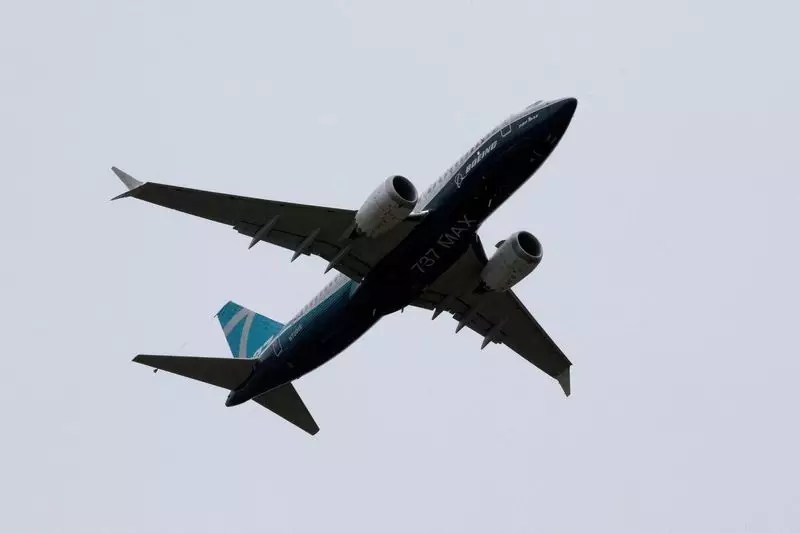In 2023, two critical bird strike incidents involving Southwest Airlines’ Boeing 737 MAX aircraft have prompted the Federal Aviation Administration (FAA) to reevaluate safety protocols surrounding the engines of this aircraft model. The specific focus is on the CFM LEAP-1B engine, which has raised considerable safety concerns following reports of smoke infiltrating the cockpit during these events. This alarming situation has led the FAA to convene a review board to assess risks and potentially modify operational procedures for pilots until a long-term solution is established.
To address the concerns surrounding these incidents, the FAA is not acting in isolation. The agency is actively collaborating with Boeing, CFM International—the engine manufacturer co-owned by GE Aerospace and Safran—and the European Union Aviation Safety Agency (EASA). Such cooperation signals a unified response to ensuring aircraft safety standards are upheld. The critical question remains whether temporary procedural adjustments are sensible in response to these rare incidents, which, while alarming, are not commonplace in aviation.
The role of strong communication channels between airlines and manufacturers is vital during such investigations. Boeing has been transparent about its processes, stating that they are committed to working with relevant authorities to ensure the safety of their fleet. Their engagement indicates an understanding that ongoing scrutiny is essential for upholding public confidence in their aircraft.
In light of these incidents, Southwest Airlines has taken proactive measures to inform its flight crews about the potential impacts of bird strikes on safety operations. The airline has emphasized adherence to established safety procedures incorporated within its recurrent pilot training programs. This focus on preparedness is crucial, as proper response during emergencies can significantly mitigate risks, even in the face of challenging circumstances.
Moreover, Boeing’s issuance of a bulletin in February regarding potential effects of severe engine damage highlights the aircraft manufacturer’s commitment to keeping flight crews informed and equipped for various scenarios that could arise from mechanical failures or other disturbances.
Significantly, GE Aerospace has asserted that the LEAP engines involved in the incidents comply with stringent FAA and EASA bird ingestion certification standards. They also pointed out that the birds encountered significantly exceeded the typical size and weight for such certifications. While the engines performed as designed during these tests, this nonetheless raises questions regarding the expectations placed on modern aircraft during real-world challenges.
Notably, the ongoing scrutiny may delay the certification of the Boeing 737 MAX 7 and MAX 10 models, as the manufacturer addresses an anti-ice system issue that poses overheating risks. These developments underscore how crucial it is for aviation safety protocols to evolve in step with technological advancements and emerging data from incidents.
The FAA’s imminent review of the Boeing 737 MAX engines reflects a growing commitment to aviation safety analysis amidst emerging incidents. The response from industry stakeholders illustrates an overarching principle in aviation—safety must always be prioritized, and continuous improvement is essential. As this situation develops, all parties involved strive to enhance safety standards, thereby ensuring that air travel remains one of the safest forms of transportation available today.


Leave a Reply